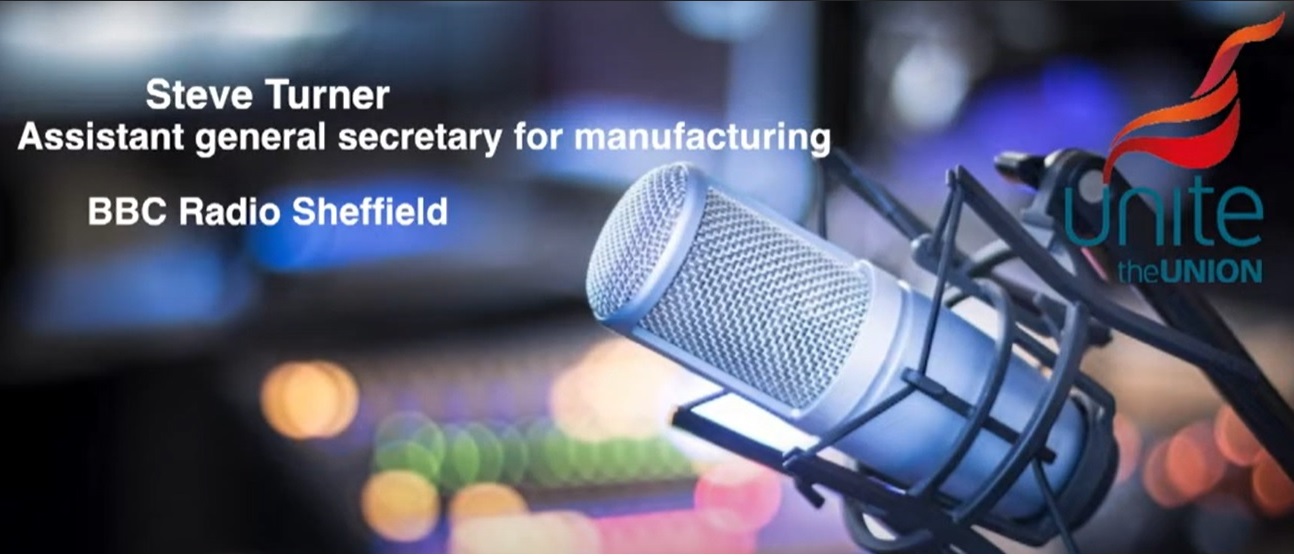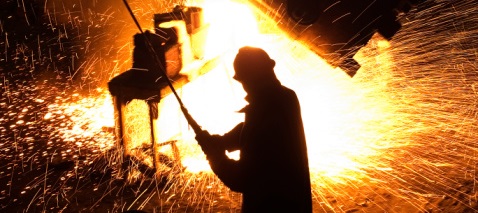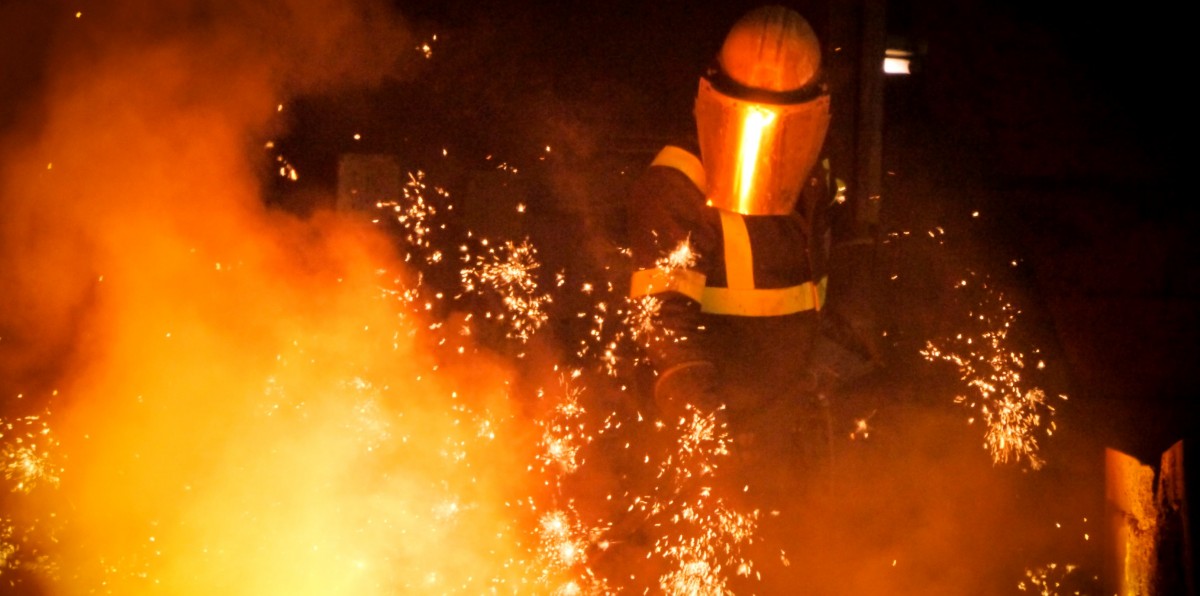Injury to one — injury to all
Same-sex marriage became a hard-won reality two years ago –while it was an important milestone, the fight for LGBT rights is far from over.
Homophobia still plays a pervasive and odious role in society. This month’s Orlando massacre – in which an armed man opened fire in a gay nightclub in Florida, murdering 49 in cold blood and injuring 53 more – is homophobia’s most horrific and extreme manifestation.
But hatred and discrimination against the LGBT community is still so common that it goes on every day largely unnoticed by those not subject to it.
That’s why this year’s Pride events are more important now than ever before.
Unite has long played a central role in Pride and in support for LGBT rights generally, both in and out of the workplace.
Steel support
This year, Unite’s LGBT committee will be spearheading a campaign called LGBT Supports the Steelworkers. Much like Lesbians and Gays Support the Miners — an LGBT alliance with miners during the strike of 1984-85 — the Unite group will band together in solidarity with an industry and workforce of thousands now fighting for their future.
Unite’s LGBT Supports the Steelworkers will be showcased at London’s Pride festival this Saturday (June 25).
Unite national officer for equalities Siobhan Endean explained why Unite’s LGBT committee had launched its campaign in support of steel.
“It’s about reaching out to people – about industrial solidarity,” she said. “We’re sending a message that Unite’s LGBT members stand shoulder to shoulder with our brothers and sisters in the steel industry who are facing the destruction of entire communities.”
“But it’s also about challenging stereotypes,” Endean added. “LGBT is not just about Brighton and Soho – LGBT people don’t all work in bars and hair salons. We have an incredibly broad and diverse group of workers in all industries, including steel.
Unite member Simon O’Keeffe, who works for NHS community provider in the West Midlands, explains why Pride is still so important.
“The political message of Pride is still as relevant today because we haven’t got full equalities in our LGBT communities,” he said.
“When we talk about pensions, when we talk about marriage rights – we still have a long, long way to go. We need to keep that message growing and going forward so that our younger LGBT members take it forward too, so that in their future, they get equal treatment.”
O’Keeffe explains why supporting steelworkers is so important.
“Steel is one of those industries that affects everybody,” he said. “Whatever job you do, wherever you live, steel plays an important part in your life, whether it’s directly or indirectly. In Port Talbot in Wales, the 3,000-odd people who work in the steel industry support the whole of Port Talbot.
If you take that industry out of Port Talbot, the entire community goes with it. And it’s not only Port Talbot – there are steel communities throughout the UK that need our support.
O’Keeffe agreed with Endean about the need to dispel LGBT stereotypes.
“Despite the fact there’s this stereotype that exists that says we are all hairdressers, cabin crew workers, shop workers, we aren’t – we are everywhere and in every workforce. We’re an established part of communities throughout the UK. The crisis in steel is something that directly affects all LGBT people.”
Motion
As part of its steel campaign, Unite brought forward today (June 23) a motion in support of steelworkers at the TUC’s LGBT conference.
The motion called on the conference to support Unite’s Save our Steel and LGBT for Steel campaigns “to save the steel industry but also the steel towns and communities that are now under threat in a manner not seen since the days that Margaret Thatcher’s government destroyed the mining communities across the nation in 1984, many of which have never recovered, even after 32 years.”
The motion also highlighted the fight steelworkers face for their hard-earned pensions which are now under threat.
Unite branch secretary and Port Talbot steelworker Mark â€Pasty’ Turner, who is also an LGBT member, attended today’s conference.
“Within the steel industry there are LGBT workers who are fighting for their jobs and pensions, so today we have brought their fight, along with all within the industry, to the LGBT TUC conference asking for support for Unite’s motion, LGBT for Steel,” he told UNITElive.
“Many of our colleagues have not come out in the workplace and this motion is about not only supporting the steel industry as a whole, but in particular our colleagues who’s are afraid to be who they really are in the workplace.”
Indeed, these very same concerns were reflected in a new survey published by Pride in London today (June 23), which showed that an astounding 74 per cent of the more than 1,000 LGBT people surveyed said they felt they needed to hide their sexual orientation or identity.
While 77 per cent said they had come out to their friends, only 50 per cent reported that they revealed their sexuality to their work colleagues.
Stronger voice
Siobhan Endean urged Unite members to attend the London Pride festival on Saturday, as well as Pride events in local communities throughout the UK over the coming weeks.
“We must remember that an injury to one is an injury to tall,” she said. “That’s why broad support from everyone – no matter what your sexual orientation is or where you work – is so important.
O’Keeffe agreed.
“The idea that anything that injures one person, injures everyone – that’s the whole point of solidarity,” he said. “When we stand side by side, we have a stronger voice. And the stronger the voice, the stronger our entire trade union movement.”
If you would like to join us at Pride in London on Saturday (June 25), assemble with Unite in section G at Portland Place, Marylebone W1B at noon.
Find out more about the Pride in London festival here.
 Like
Like Follow
Follow


